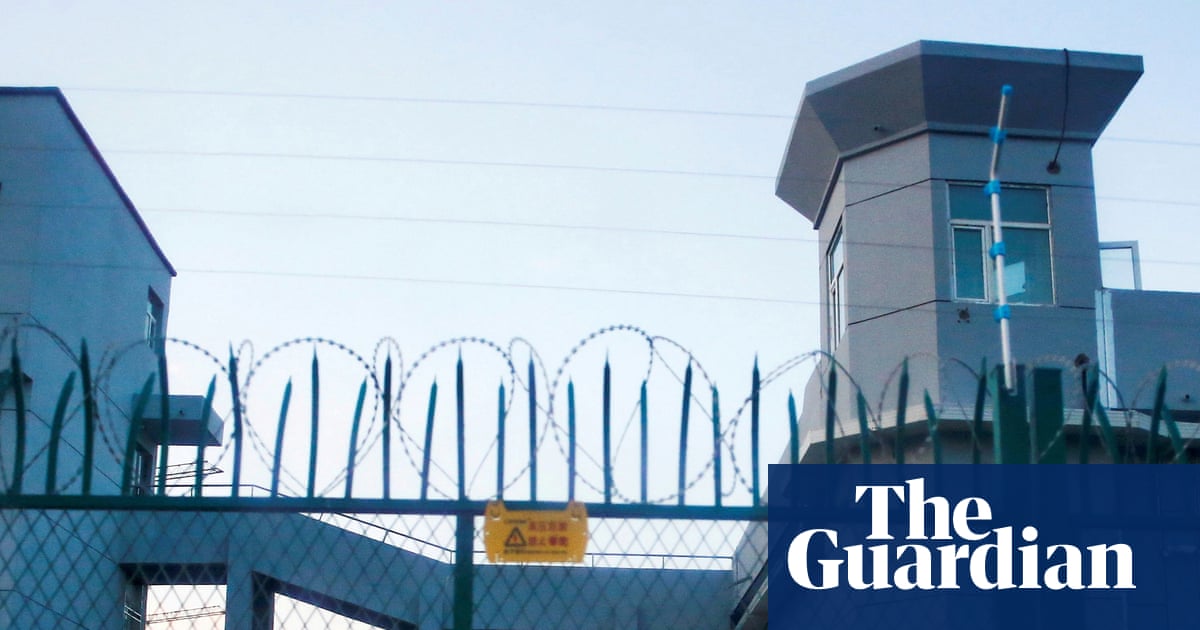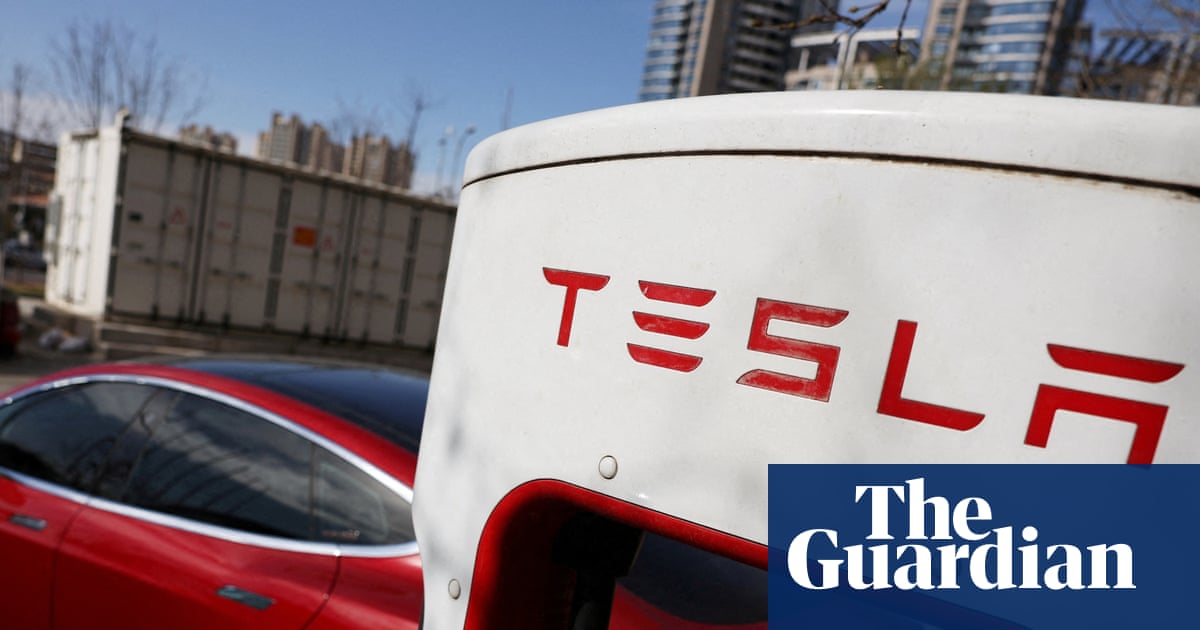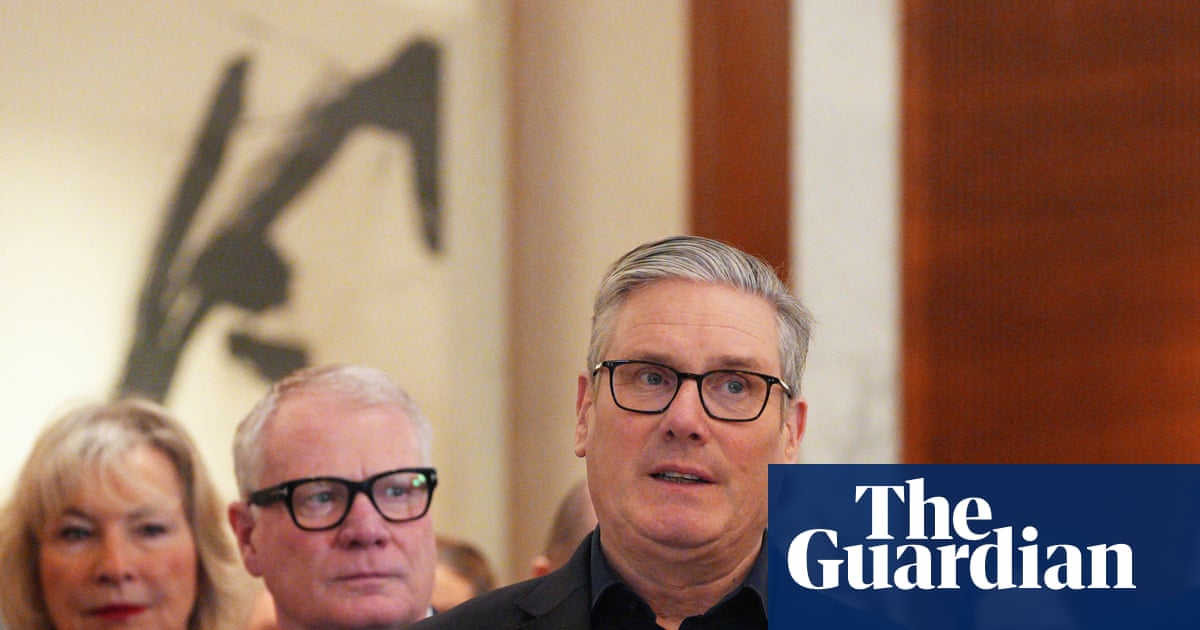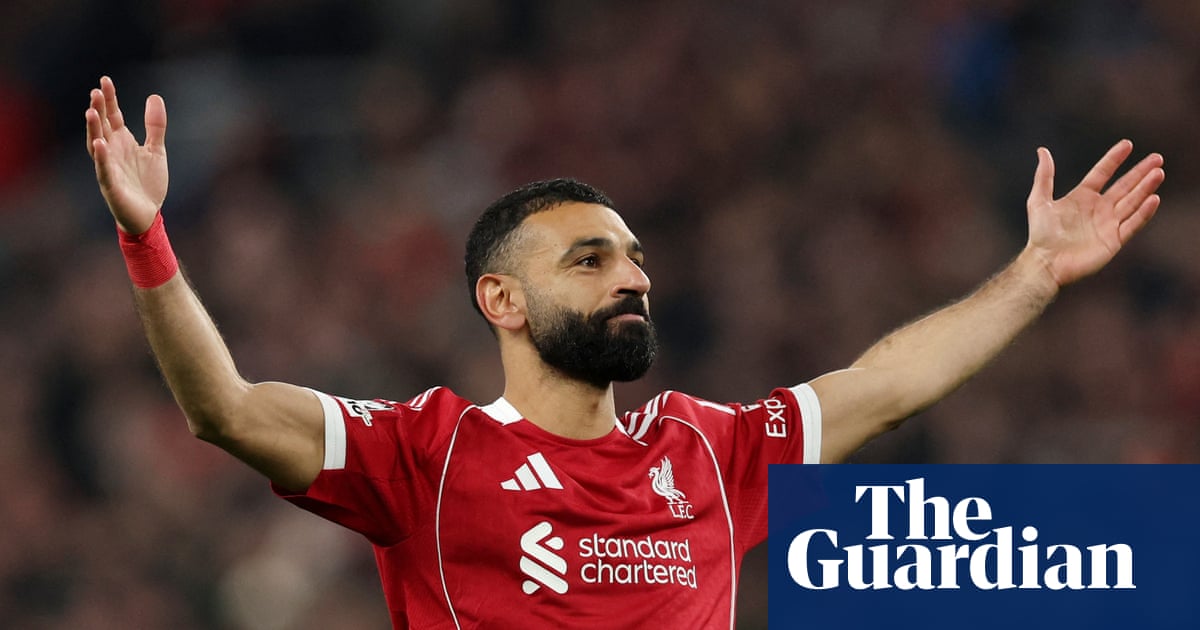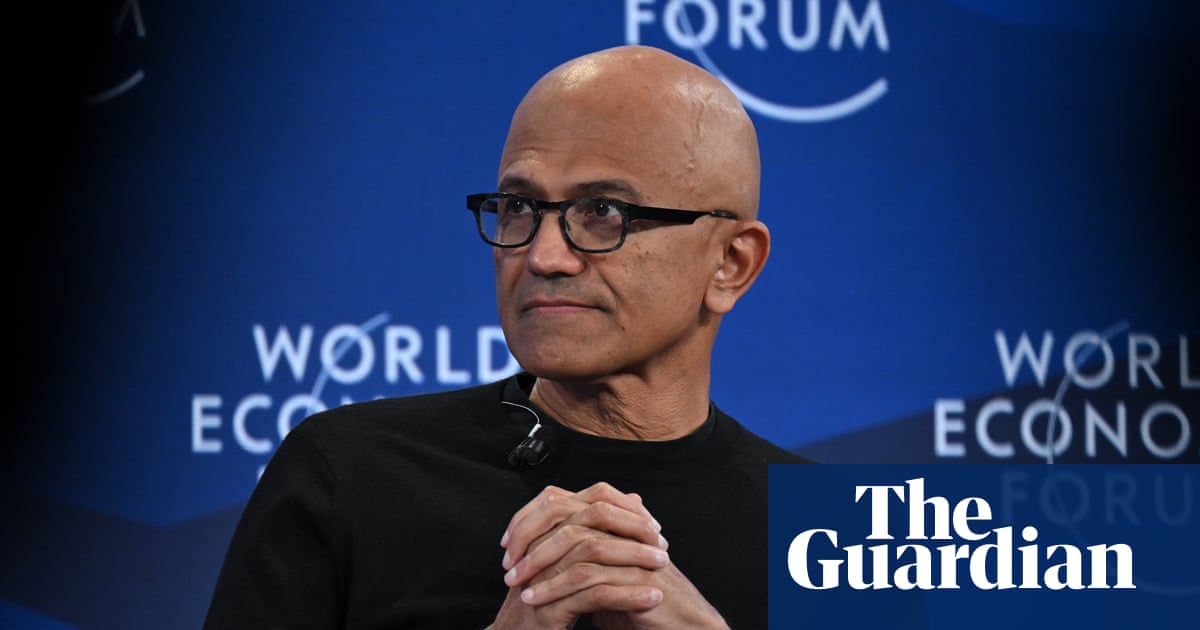New WPP boss says performance is "unacceptable"
Elsewhere this morning, the new boss of WPP has called its performance “unacceptable”, as the advertising giant cut its guidance for sales growth this year.
Cindy Rose, a former Microsoft executive who was appointed to lead the FTSE 100 group this summer, said:
My ambition is for WPP to lead our industry in terms of innovation, client delivery and organic growth. However, I acknowledge that our recent performance is unacceptable and we are taking action to address this.”
Rose added that WPP has now started its strategic review, with the new boss promising it will “significantly” improve execution and “dramatically” simplify internal organisation.
It comes as WPP warned that revenue in its third quarter dropped 8.4% compared withthe same period last year to £3.3bn.
The ad group also cut its forecast sales for the year, now expecting a decline of 5.5% to 6%, worse than its previous suggestion of a drop of 3% to 5%.
Key events Show key events only Please turn on JavaScript to use this feature
Puma plans 900 job cuts

Over in Germany, Puma has told investors this morning that it plans to cut more than 900 jobs in a turnaround plan under the new boss Arthur Hoeld.
The sportswear brand said it will cut 900 roles by the end of next year as part of a plan to get back to growth by 2027.
Puma said it had to address the “the fact that it has become too commercial, which is reflected in muted brand heat, low distribution quality, and a product offering that is not cutting through in the market.”
Puma, which is listed in Germany and employed more than 22,000 people at the end of 2024, has lost almost three-quarters of its market value over the past five years, as it has struggled to attract shoppers in an increasingly competitive sportswear market.
The company has already announced about 500 job cuts this year, on top of the 900 further cuts announced today.
Hoeld, who joined Puma this spring, said:
At the end of July, we stated that 2025 would be a year of reset. Since then, we have taken important steps to clean up Puma’s distribution, improve our cash management and reset our operational expenses. By expanding our cost efficiency programme, we are moving quickly to address challenges and make the business more efficient and resilient.
I strongly believe the Puma brand has incredible potential with more than 77 years of history, one of the best product archives in the industry and huge credibility in many major sports. We have identified the areas in which we need to take decisive action and outlined our strategic priorities to become one global sports brand with globally resonating product ranges and inspiring storytelling across markets. With these strategic priorities, we have the clear ambition to establish Puma as a Top 3 sports brand globally, returning to above industry growth and generating healthy profits in the medium term.”
European stock markets open lower
European stocks are opening broadly lower this morning: London’s blue chip FTSE 100 index has fallen by 0.4%.
The ad group WPP is the worst performer across the index, with its shares down 8.6%, after it cut its sales guidance for the year. Haleon, the consumer healthcare group that owns brands such as Sensodyne and Centrum, is the best performer, up 3.3%, after it beat expectations for its third quarter revenue growth. Standard Chartered is a close second, up 3%, after it raised its profit guidance for the year, partly thanks to a boost in its wealth management businsess.
The Stoxx Europe 600 index is down 0.2%. The French Cac 40 is down 0.4%, while in Spain the Ibex 35 is down 0.5% and in Italy the FTSE MIB is down 0.2%. The German Dax is one of the only risers on the continent, up by 0.2%.
Derren Nathan, head of equity research at Hargreaves Lansdown, notes that oil prices are still muted:
Yesterday’s rally in oil prices proved to be short-lived. Brent Crude prices have dropped marginally to around $64.5 per barrel. The absence of a mention of a trade agreement on energy products after the summit between China and the US is playing on traders’ minds. Meanwhile, a tightening of sanctions by the US on Russian oil exports hasn’t alleviated concerns of a supply glut.
US stock futures are trading broadly flat after a mixed performance on Wall Street yesterday. While the tech-led Nasdaq broke yet another record, the wider indices were down after a much-anticipated quarter point cut by the Fed. However, Jerome Powell’s comment around a further reduction in December being far from a foregone conclusion saw some caution creep back into the market.”
Virgin Trains moves closer to Channel Tunnel service

Kalyeena Makortoff
Richard Branson’s train company is a step closer to challenging Eurostar’s monopoly on transporting passengers across the Channel after the UK rail regulator approved Virgin Train’s application to use a key depot in east London.
The Office of Rail and Road (ORR) approved Virgin’s application to use the Temple Mills depot in Leyton – which is used for maintaining and storing trains. It said the move would unlock £700m of investment in new services and create 400 jobs.
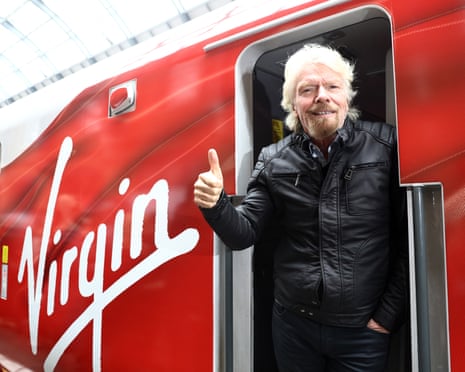
Access to Temple Mills is a critical step in helping Virgin Trains challenge the monopoly held by Eurostar, which has been the only passenger service allowed to access the Channel tunnel since it opened in 1994. Temple Mills is the only train depot that can be accessed from High Speed 1, the line that runs between London and the tunnel.
It will give Virgin trains access to the light maintenance facilities it needs to run international services to the European mainland. While Virgin still needs to secure additional regulatory approvals covering issues such as track access and safety, it brings Branson one step closer to launching his plan to run services competing with Eurostar in 2030.
Branson said:
The ORR’s decision is the right one for consumers – it’s time to end this 30-year monopoly and bring some Virgin magic to the cross-Channel route.
Virgin is no stranger to delivering award-winning rail services, and just as we have successfully challenged incumbents in air, cruise and rail, we’re ready to do it again. We’re going to shake up the cross-Channel route for good and give consumers the choice they deserve.”
The ORR’s decision comes only months after it rejected a separate application to return Virgin trains to the UK’s west coast mainline, amid concerns over delays and cancelled journeys. Virgin Group has not operated trains in the UK since its contract for the west coast mainline expired in December 2019.
New WPP boss says performance is "unacceptable"
Elsewhere this morning, the new boss of WPP has called its performance “unacceptable”, as the advertising giant cut its guidance for sales growth this year.
Cindy Rose, a former Microsoft executive who was appointed to lead the FTSE 100 group this summer, said:
My ambition is for WPP to lead our industry in terms of innovation, client delivery and organic growth. However, I acknowledge that our recent performance is unacceptable and we are taking action to address this.”
Rose added that WPP has now started its strategic review, with the new boss promising it will “significantly” improve execution and “dramatically” simplify internal organisation.
It comes as WPP warned that revenue in its third quarter dropped 8.4% compared withthe same period last year to £3.3bn.
The ad group also cut its forecast sales for the year, now expecting a decline of 5.5% to 6%, worse than its previous suggestion of a drop of 3% to 5%.
Introduction: Oil price slips after Trump-Xi trade deal
Good morning, and welcome to our rolling coverage of business, the financial markets and the world economy.
Oil prices have fallen slightly as investors digest the new trade deal between US President Donald Trump and Chinese President Xi Jinping.
The two world leaders met in South Korea this morning, with Trump agreeing to reduce tariffs on China from 57% to 47% in a one-year deal, in exchange for Beijing resuming purchases of US soybeans, the continuation of rare earth exports and a crackdown on the trade of fentanyl.
Brent crude futures dropped by 0.31% to $64.72 a barrel this morning, while US West Texas Intermediate crude futures dropped by 0.33% to $60.28.
The drops suggest that some investors are sceptical that the new agreement marks an end to the trade war. But President Trump has said his discussions with Xi were “fantastic”, and emphasised their “great relationship”.
Elsewhere, the energy company Shell has just reported its third quarter earnings, with an adjusted net income of $5.43bn, ahead of what analysts in the City had been expecting.
The oil company said that its performance had been driven by a record level of production in Brazil and 20-year highs in the Gulf of Mexico – which Donald Trump has renamed the Gulf of America.
Chief executive officer Wael Sawan, who has spent the past two years trying to close the valuation gap between Shell and its American rivals, said:
Shell delivered another strong set of results, with clear progress across our portfolio and excellent performance in our Marketing business and deepwater assets in the Gulf of America and Brazil. Despite continued volatility, our strong delivery this quarter enables us to commence another $3.5 billion of buybacks for the next three months.”
The Agenda
-
10am GMT: Eurozone GDP
-
1.15pm GMT: European Central Bank rate decision
-
9pm GMT: Apple and Amazon quarterly earnings

 2 months ago
42
2 months ago
42
